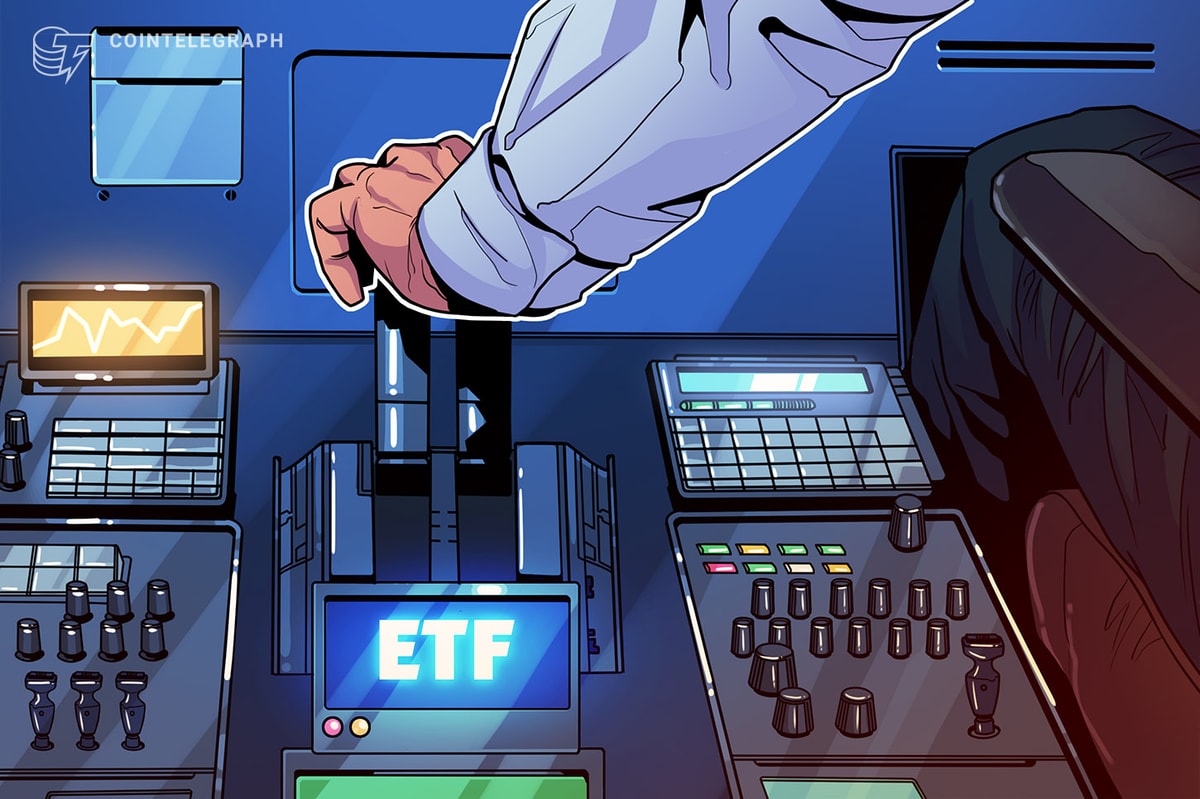
The number of banks experimenting with blockchain technology and looking at their own digital currencies is growing by leaps and bounds, so it’s no surprise that Deutsche Bank is well on its way to having its own blockchain technology.
In a recent statement, the bank was quoted as saying: “Banks must partner with fintech and digital currency businesses or risk disappearing altogether.”
Although Deutsche Bank is a member of the R3CEV consortium of 42 banks that is developing a protocol for blockchain technology for the banking sector, the bank has been quietly running its own blockchain experiments.
Recently, Bank of America JPMorgan, UBS and Bank of England have also said that their respective banks are looking at ways to adapt blockchain technology for their own use.
But unlike some banks, such as Japan’s Bank of Tokyo-Mitsubishi, Citibank and BNY Mellon, Deutsche Bank is not looking at developing its own digital currency. It believes customers are looking for more digitalization and convenience, not necessarily a new currency.
In a forthcoming white paper called FinTech 2.0, Deutsche Bank signals to investors and clients that it is looking at partnering with new fintech startups to accelerate the transition to digital banking, including blockchain technology.
Deutsche Bank’s report is a wake-up call for the banking sector, warning that unless banks learn to partner with fintechs and “digital disruptors” they will begin to disappear altogether from the financial services landscape.
Coming on the heels of Deutsche Bank’s reported record loss for 2015 and a drop in Deutsche Bank’s share price, the report notes that it’s time for the bank to adopt a new business model that recognizes the importance of digital disruption in financial services.
In a wide-ranging interview with Bitcoin Magazine , Deutsche Bank Managing Director Rhomaios Ram said that the bank is more than ready to adopt new payment innovations and considers the adoption of blockchain technology inevitable.
“As the white paper notes, the biggest hurdles to adoption of new technologies and partnerships are regulatory and legal requirements in different jurisdictions around the world,” said Ram.
“Fintechs, and huge digital ecosystems in particular, have entered the market with a bang,” he said, noting that the report calls for a “mindset” adjustment to understand the major change in the marketplace and “that digitalization can become the new differentiator for banks.”
The white paper calls on the banking sector to “modernize the entire financial system infrastructure” andpartner with new digital market forces. including cryptocurrency startups, saying, “Banks must change their attitude to fintech companies in order to survive.”
Fintech startups happy to partner with Deutsche Bank
Ram told Bitcoin Magazine he had met with many fintech startups and was pleasantly surprised that they were more than happy to partner with the bank.
“I’ve discussed the possibility of partnerships with tens of different fintech startups, and they all seem very keen to partner with us,” Ram said. “It’s great that they see the benefits that we can bring to a potential partnership, including a client base, security and regulatory certainty.”
The report lists the following projects as examples of “payment innovators”: PayPal, M-Pesa, Bitcoin, Alipay, Stripe, Payoneer, Samsung Pay, Apple Pay, Square and Google Wallet.
In the spirit of cooperation, JPMorgan Chase already has teamed up with Digital Asset Holdings on a trial blockchain initiative that aims to make the trading process more efficient and cost-effective.
What’s in it for the new fintech company? The white paper notes:
“In order to maintain their position, they must find a way to meet their regulatory, investment and risk needs in order to focus on their core competencies. They may find partnering with a global banking provider to be the most strategic approach in this regard, and many of the developments of coming years will likely evolve within such alliances. Several market leaders have realised that bank alliances are the way forwards.”
Deutsche Bank experiments with three blockchain labs
According to Ram, Deutsche Bank currently operates three innovation labs in Berlin, London and one soon to be launched in Silicon Valley.
Calling blockchain technology “genius,” Ram said they haven’t settled on one version yet of the various technologies being developed.
“We’re blockchain ‘agnostics’ – we’re interested in and studying the benefits of all the various blockchain technologies including Bitcoin, Ethereum, Stellar and others – to ensure we’re adopting the best possible version for our use,” he said.
In early December 2015, Deutsche Bank announced it had successfully tested a corporate bond platform that was based on blockchain technology. Blockchain technology “smart contracts” were used to issue and redeem bonds that paid out coupons automatically.
On bitcoin as a currency, Ram isn’t sure what the future holds for the digital currency, saying:
“As far as bitcoin as a future currency, I’m not sure whether universal adoption is a sure thing. The public seem most interested in the digitalization and convenience of new faster payment methods more than a change in the currency itself.”
Photo Epizentrum / Creative Commons










